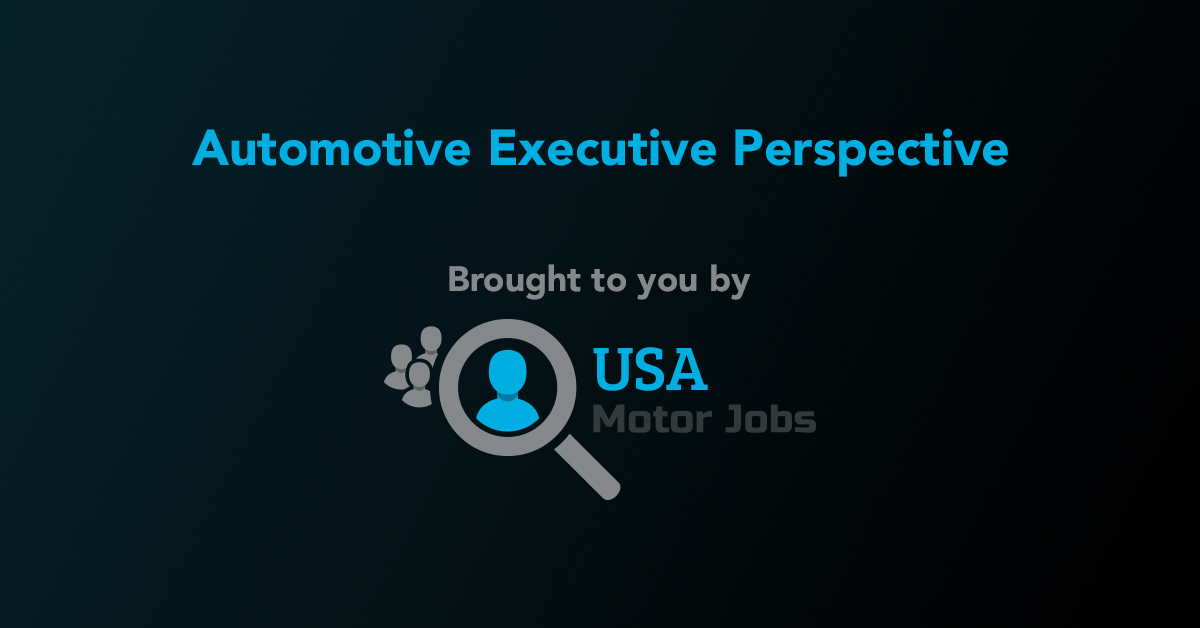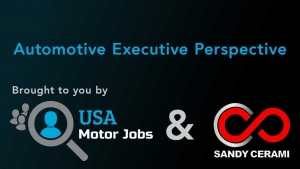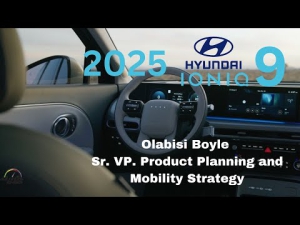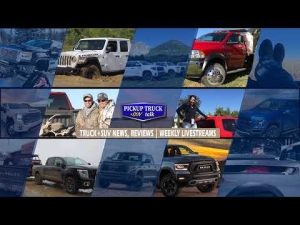
This week's guest: Dave Boyle, CEO at TraXtion
Everybody knows there is a nationwide shortage of Technicians and so many other trades competing for the same young, aspiring talent that we do, what can we do as Dealers and Allied Industry to become a more attractive career opportunity with respect to work scheduling, compensation or any other factors?
The typical answers people will give on this subject are part of the solution. Things like 4-day work weeks, tool allowances, incentive pay for additional training etc. All these things will go a long way to helping attract new people to consider automotive technician as a career. We must realize however that culturally there has been a massive shift over the last 20 years. No parent is excited if their child chooses not to go to college. Because of this shift, there are just far fewer young people choosing the “trade” path, which ultimately has led to the massive shortage we have today in all skilled trades. This doesn’t mean however there are no avenues for dealers to tap into. But we must think outside the box, and not rely solely on trade schools for people. My first recommendation is to understand the type of technician you need. As we move toward EV’s there will be a shift in the type of technician’s dealerships need. Using the A, B and C tech levels for example, dealers will need a few more A level techs and a LOT more C and maybe even D level techs. This is not a bad thing. These lower-level techs are people willing to make changing tires a career. Yes there are lots of people out there who will do this, they are currently working at the tire shop down the street. Dealers have been reluctant to hire these types of techs because they are not “factory” trained or come from a tech trade school. This is very shortsighted in my opinion. Dealers need to make poaching aftermarket techs from tire and lube shops a part of their recruitment strategy. Dealers can offer a substantially better “job” and work environment for these types of techs.
What new skills for Service Managers, Service Advisors and Technicians do you see as most valuable over the next 3-5 years and why?
Embracing technology like never before. The future car buyer has grown up with an iPhone almost from birth. Consumers are going to demand that dealerships adopt the appropriate technology to serve them, the way they want to be served. This means that all service department staff are going to need to learn to adopt and embrace technology to not only help them do a better job but provide the type of interaction consumers will demand.
What one trend are you watching in our business right now that you believe will most impact Automotive positively or negatively?
I believe that the market value pricing many dealers have adopted during the chips shortage may be one of the biggest mistakes the industry has made. This greed is going to cause a ripple effect that could last for decades. The number of people who will NEVER have equity in their vehicle due to these markups has the potential to cripple a complete buying cycle. To make numbers and keep in line with the factory, dealers will be forced to “put” deals together that will eat up most, if not all, of any increased profits they made during this time. My advice to dealers is, don’t spend it. Bank all that extra gross you are making today because you’re going to give it all back and then some, to buy people out of these bad deals, just to move product. And this doesn’t even touch on the bad perception, reputation, and CSI problems this will cause. I met a person the other day who paid $160,000 for a Ford F-150 Lightning. Is this a good thing?
BONUS QUESTION: What is happening at TraXtion that has you most excited about the close of the year?
With the launch of our latest hardware solution, TraXtion has changed the game forever. We have completely taken the cost of equipment out of the decision for the dealers. The equipment manufacturers like Hunter and UVeye will not be able to compete going forward. We have done this to allow the dealers to have the “right” process. When 6-figure equipment is part of the decision, dealers must choose between what is right and what they can afford. In doing that they compromise the process, and the customer suffers. Yes, these products are about selling more tires and alignment, but they are also about providing a service to the consumer. When a dealer has 3 inbound service lanes and they opt for one Hunter machine because they are over $100,000 each, then only a small portion of the dealer’s customers are going to have their tires inspected. Is this what we want? It certainly will hinder the dealers ROI. Dealers need a solution where they can affordably cover all inbound lanes and 100% of their customers. That’s what they get with TraXtion.








